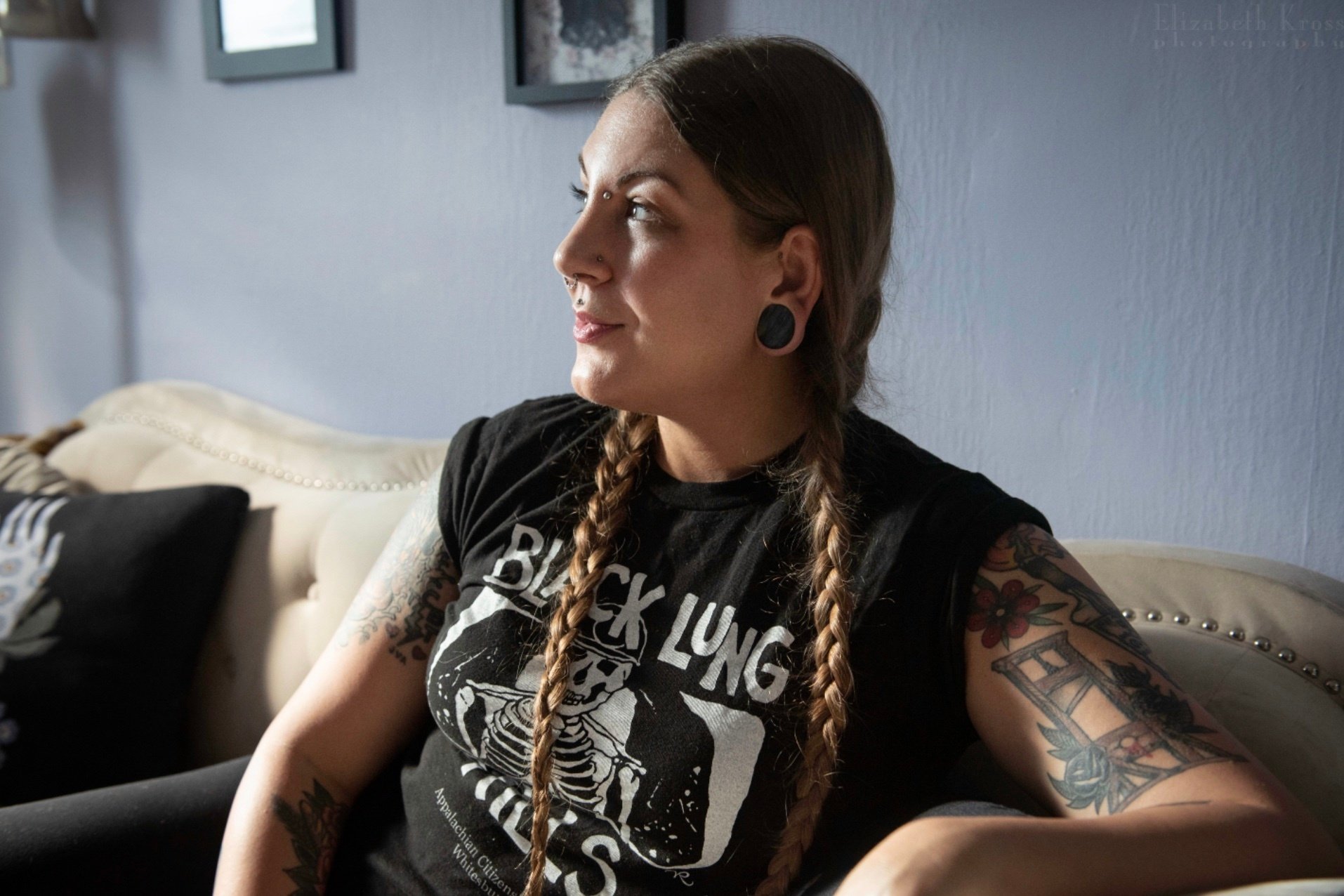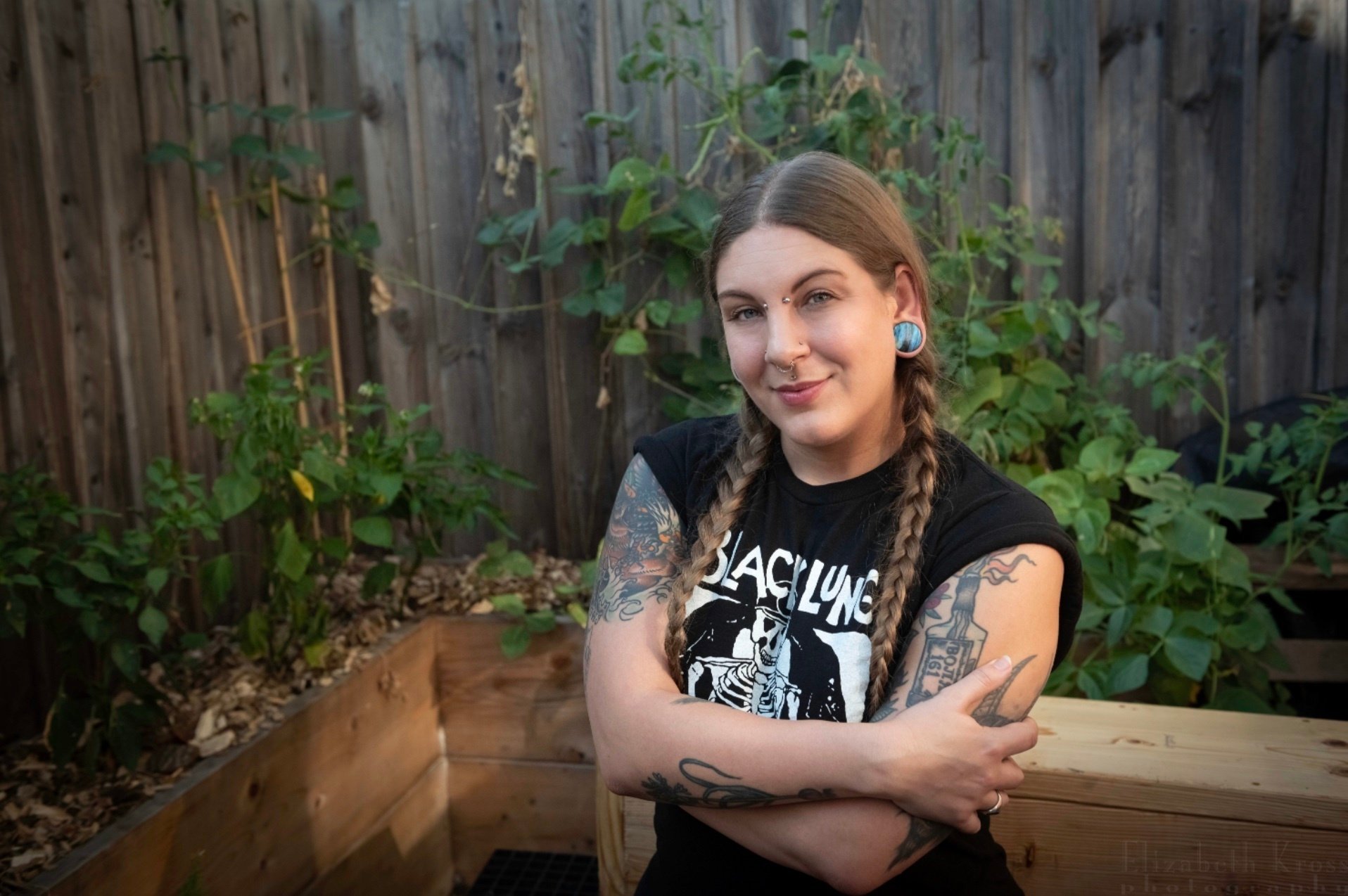Kim Kelly: From Teen Vogue to fighting for workers’ rights
Sep 29, 2022
6 mins
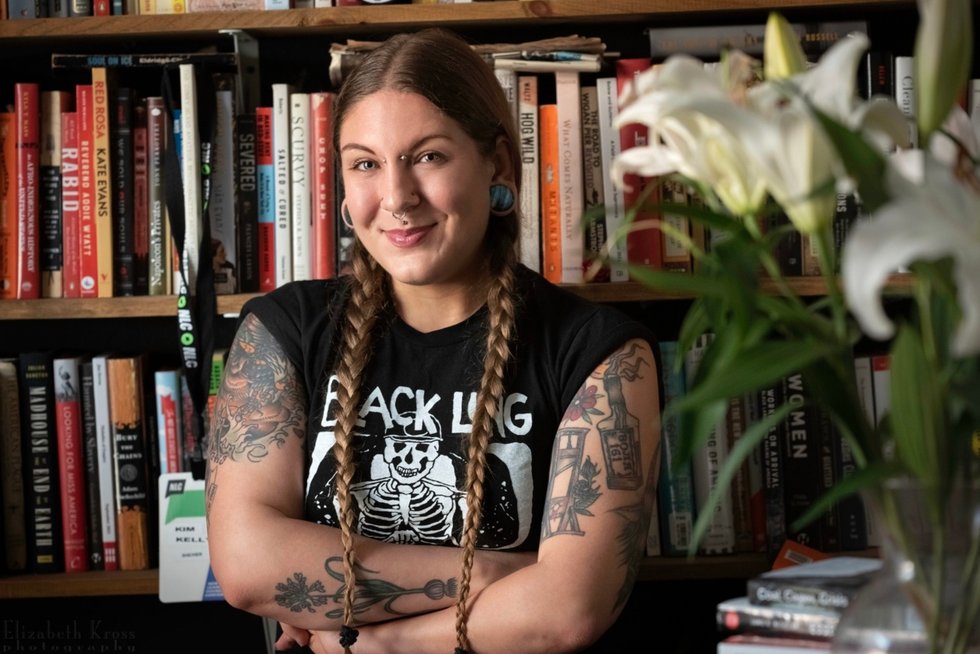

US-based freelance journalist.
The United States is deeply divided politically, but there is a rising wave of workers organizing in unions to demand better and fairer conditions for all. They are taking on major corporations, such as Amazon and Starbucks, and grabbing headlines across the country. Teachers, journalists and university staff are joining fast-food workers and miners to push back after decades of stagnant wage growth, rising executive pay and light-touch corporate regulation. Kim Kelly is a fresh voice among the journalists and opinion columnists covering issues affecting workers and bringing the labor movement to a new generation. She has covered striking coal miners in Alabama and written articles, such as the one entitled How to Maintain Your Skin-Care and Self-Care Routines During Workplace Bargaining, for Allure magazine. Now Kelly has written a book, Fight Like Hell, focusing on the more diverse, unsung heroes of the historic US labor movement.
How did you go from writing about death metal to being a labor reporter?
Death metal, black metal, grindcore and doom. Yes, I spent most of my life in the heavy metal world. I was hired by Noisey [Vice magazine’s music platform] full-time in 2015 as the heavy metal editor, and one day a couple of co-workers pulled me aside and said, “Hey, we’re thinking about unionizing. What do you think of that?” I got super-involved and went to every meeting, every committee, every bargaining session. Labor became my new favorite band because I started going to far more union meetings than metal shows. Later, when I was freelancing, I started to pitch labor stories and ended up working with Teen Vogue, when it was still a new thing for the publication to cover social justice issues. I pitched a profile of Mother Jones [an Irish-American schoolteacher and union organizer in the early 20th century] because I thought, “You have a younger readership, mostly young women. She’s this badass labor history figure. They’ll like that, right?” The editor said, “Oh, yeah, that sounds like a cool idea, but I’m not sure our readers would know what a union is.” So I wrote an explainer about what a union is and people took notice. I parlayed that into getting them to let me do a column, “No Class,” and that column was where I found my footing as a labor reporter.
What is different about the labor movement today in the US from the movement you grew up around?
I’m from a union family but I’m not a red diaper baby [a child of parents in the communist party]. My whole family are conservative, rural people who are also union people. And growing up, unions made sense to me because my dad, my uncles, my granddads, worked in the building trades — construction workers, steel workers — which are heavily unionized. Of course they were in the union, that’s just what you do: you gotta go on strike, you gotta go to the union meeting. That was just part of the gig. But there wasn’t anything ideological about it. That’s just how it was. And then weirdly it was only when I got to Vice and started organizing that I realized, “Oh, for some people this is a big deal politically.” I had a light-bulb moment and understood it’s not just part of the job, it can be a lot more than that too. And I think that light-bulb moment for folks has a lot of potential to change things in a good way.
Your book details some lesser-known leaders of the American labor movement such as women, people of color and disabled activists. Do you have a favorite figure?
In terms of my favorites, I always love talking about Ida Mae Stull, a coal miner in the 1930s who fought for her right to work in the mines as a woman and won. There is Ben Fletcher, a black man who organized an interracial, militant union on the docks in Philly in 1910. I also love talking about Ah Quon McElrath, a Chinese-Hawaiian organizer who helped launch the successful, massive strike of sugarcane plantation workers in 1946. She helped lead a multiracial, multilingual, multiethnic effort that succeeded against the Jeff Bezos of sugar at that time.
How hopeful are you that the big focus on unions right now can change things, and that this momentum will continue?
It’s hard to put a genie back in the bottle, right? I think propelling this current moment is that young people are going from being kids to being adults and realizing, “Being an adult sucks. But maybe it doesn’t have to suck quite as much as we’re told we have to accept.” I think about my friend Isaiah [Thomas], a 21-year-old kid in Alabama who was involved in the organizing effort at the Amazon warehouse facility Bessemer. He’s the kind of person who is going to lead the movement into the future, and he has decided to become a labor lawyer. He’s traveling around speaking to other young people about the necessity of organizing, and he’s not alone. There are hundreds, if not thousands of Isaiahs out there and you can’t kill that. I think we’re going to see more people being interested in unions, and organizing, and building power for themselves like this current generation.
Should all workplaces be organized or are some more suited to unions than others?
I think everybody should have a union. If you have a boss, you need a union because there’s always that power dynamic. There’s always that unequal relationship, someone’s always got the upper hand and it’s just you against them. Even if you love your boss, even if you get along great, even if you go to each other’s kids’ games, that’s great. But if you don’t have a union contract or you don’t have a strong base of power among your co-workers, that can all disappear in a second. Even if it breaks your boss’s heart to give you a pay cut and take away your benefits, he’s still going to do it. That’s why you need a union to protect yourself, you need to know that someone’s going to have your back. Because, Lord knows, this is a country in which nobody else will. All you have is the community that you build and building that community at your workplace is the only way to really protect yourselves.
Do you think unions can play a part in bridging the political divide in the US?
When you’re dealing with unions, you’re dealing with a workforce that’s about as diverse a group of people as you’re going to come across – because you generally can’t choose your co-workers, can’t choose who you work with. And when you’re in a union, you’ve got to listen to all these different people. I just spent the past year-plus covering the coal miners strike in Alabama, which is still ongoing – which is wild. But throughout the course of that, I met tons of workers who were conservative Christian, Republican, Baptists, voted for Trump, all of these things. And they love their union, they will fight for their union and their union siblings. Over the course of this strike, seeing who showed up for them, who didn’t, who raised money and who didn’t, who has spoken out for them, who didn’t, a lot of them have had their politics shift and their world view changed a little bit. There are people I met over a year ago, who would have been like, “Yeah, I’m a conservative Republican,” who are now tweeting Eugene Debs [US trade unionist who died in 1926] quotes or meeting with Bernie [Sanders]. There is a lot of transformative potential within labor, within unions, for folks to find the common ground and common humanity. Because if you come down to it, us as workers and them as capitalists, as employers, as elites and bosses and oligarchs: that’s the biggest struggle.
What would you say to people who believe unions demanding higher pay will drive up inflation and cost jobs?
It’s all bullshit. It’s a case of “Oh, if we raise workers wages, we have to raise our prices.” Well, why don’t you just make a little bit less money? Companies are making a lot of money and they don’t want to stop making as much money. They would much rather pass the increased cost on to consumers and blame the workforce instead of taking any kind of pay cut or rearranging their own company in a way that does not benefit the upper echelons and the [executives in the] C-suite. So much of it comes down to greed. The railway workers in the UK are in the middle of a big old strike and I’ve seen a lot of people who are literally lords getting upset about that. The blame is always so misplaced; it’s always levied at the workers who are actively trying to make things better for themselves, and by that token, the rest of us.
If you were to write a follow-up book in 20 years, who from the current generation of activists would make the book?
There are so many people but I think I would add Jennifer Bates, the woman who basically kick-started the Amazon union drive at Bessemer. There’s Jaz Brisack and the Starbucks workers who kicked that off. There are people like Michael Foster who was a former poultry plant worker who became an organizer for the RWDSU [Retail, Wholesale and Department Store Union] and is now spreading the gospel, literally in his case, of workers’ rights across Alabama. There’s Haeden Wright who is a school teacher in Alabama, who is also the wife of a striking coal miner, who has become this firebrand union activist. She is a force to be reckoned with. There are many more people I could mention right now, but hopefully people will find some inspiration in this book — and I’ll be able to write another one!
Photo: Elizabeth Kross for Welcome to the Jungle
Follow Welcome to the Jungle on Facebook, LinkedIn, and Instagram, and subscribe to our newsletter to get our latest articles every day!

More inspiration: Inspiring profiles
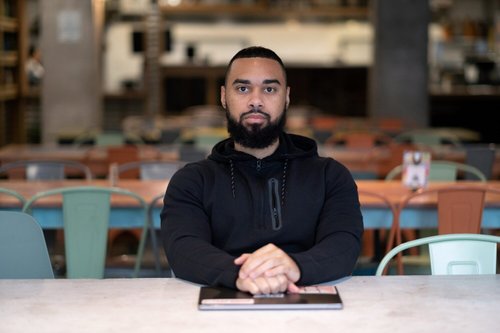
Be real, get ahead: The power of authenticity in your career
Pabel Martinez shares insights on how to allow yourself to be yourself, find your voice, and deconstruct stereotypes at work.
Apr 25, 2024
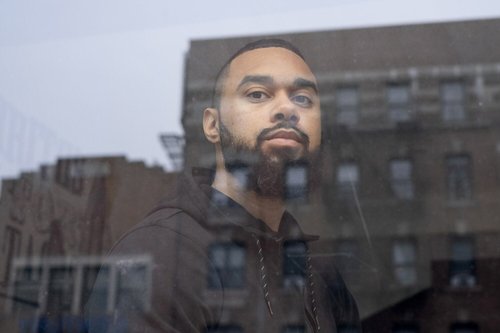
The professionalism paradox: Navigating bias and authenticity with Pabel Martinez
Pabel Martinez challenges the conventional norms of professionalism by unraveling the complexities of workplace discrimination.
Mar 11, 2024
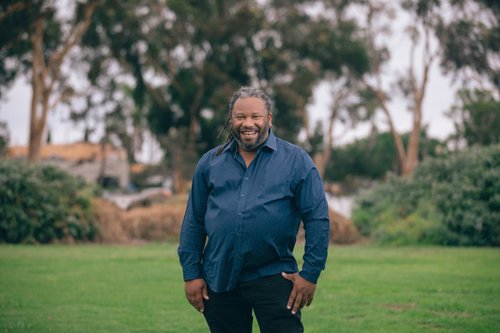
How play can make you happy, creative and productive at work
Work-life balance usually means separating work and play, but it might be a better marriage than you think...
Nov 07, 2023
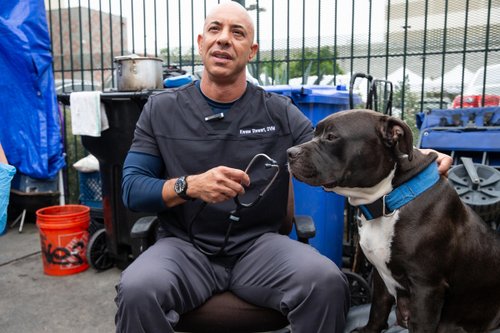
Project Street Vet: Caring for the unseen paws of Skid Row
Providing vet-to-pet care in some of California's largest homeless communities, Dr. Kwane Stewart shares the ups and downs of his remarkable work.
Aug 29, 2023
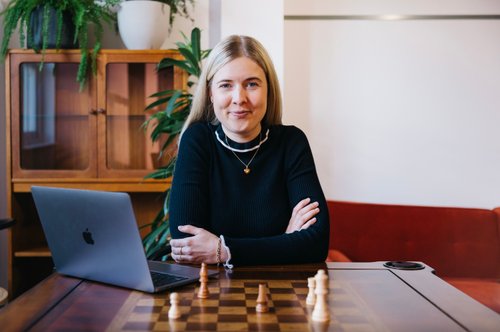
Girls learn how to have fun – and funds – by investing
A Danish trio is fighting gender inequality... on the stock market. We had a chat with one of the co-authors of the book Girls Just wanna Have Funds
Jan 30, 2023
The newsletter that does the job
Want to keep up with the latest articles? Twice a week you can receive stories, jobs, and tips in your inbox.

Looking for your next job?
Over 200,000 people have found a job with Welcome to the Jungle.
Explore jobs
